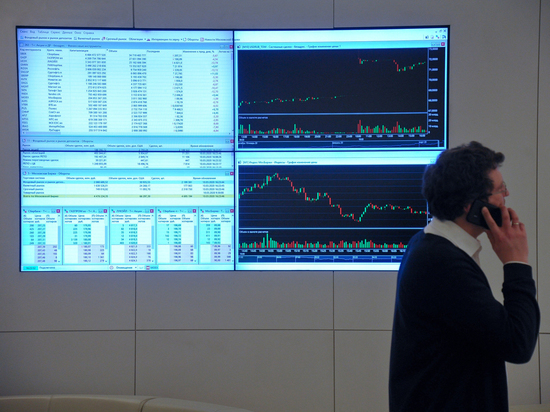“Unfriendly” firms leaving the country will have to pay an exit fee
As you know, the Russian economy is open to foreign investment and, as they say, all flags can visit us. However, it will not be so easy for foreign companies from unfriendly countries to leave us now. A fateful decision has been made at the government level: before turning Russia into a pen, non-residents will have to pay 10% of the market value of their assets to the federal budget.

According to the Western press, about 2,000 foreign companies intend to leave the Russian market. This number of applications is pending review and approval by the Russian government commission on foreign investment. And the decision of the authorities on the mandatory collection from the sale of assets will affect hundreds of Western missions planning to say goodbye to Russia
Out of this sea of foreign legal entities, only 206 have so far «resolved their affairs», that is, they have completely sold their assets. This process is not fast: the government commission meets once every three months and has time to consider no more than 7 applications in one meeting.
In principle, back in the spring of last year, the government decided that all transactions with companies from unfriendly countries should be coordinated with the Foreign Investment Control Commission of the Ministry of Finance of the Russian Federation.
Since then, a lot of water has flowed under the bridge, due to retaliatory economic sanctions last year, dozens and hundreds of world brands left the Russian market in English without saying goodbye — without any fees or other signs of attention in relation to the country where they have been earning for years and decades quite good profits.
Only now the subcommittee has established a strict condition that when the company’s activities are curtailed, the size of its “voluntary” contribution is at least 10% of the market value of assets — however, provided that they are sold at a discount of more than 90% of market value.
In fact, many experts regard this step as a regulatory measure to relieve nervousness and uncertainty in our market. In principle, when leaving, a foreign company can sell its assets to a Russian buyer — at a discount (price reduction) or vice versa — with an overestimated market value. Whoever buys assets at a discount immediately gets an advantage over other market participants. Last year, several transactions were halted and suspended for this reason.
The now-adopted obligatory payment equalizes and streamlines this situation on the foreign investment market. Only not with a delay of a whole year, we decided to use such a scheme?
We asked economist Nikita Maslennikov, a leading expert at the Center for Political Technologies, about how the new rule will bring order to foreign investment.
“Let's clarify: the published protocol refers to transactions for the alienation of securities,” he explains. — It's not that you are abandoning production: there are real assets, and, accordingly, different regulation and principles. Now the decision is exclusively on the sale of securities assets. It clarifies those plans of the regulator, which were adopted in December last year. In a sense, they were blurred in terms of requirements. There were supposed to be some installments in the payment of payments upon purchase, voluntary contributions (large) upon leaving. And obligatory, smaller ones, but with “encumbrances”.
Now there is a general rule: 10% of the asset value at a discount of more than 90%.
– No . The foreign seller pays…
– This should be asked of the foreign investor. There are a lot of technical points here. For example, at some time you need to leave our market or you just need to get rid of frozen assets that do not bring any income.
— No one is forcing anyone. If you want — work, if you want — leave. Many companies stayed in Russia, simply froze their activities, but still keep the staff.
— I'm not sure that this will give a tangible profit to the budget. We need to see how it will work. But it is unlikely that such a scheme will turn into a mass phenomenon.

